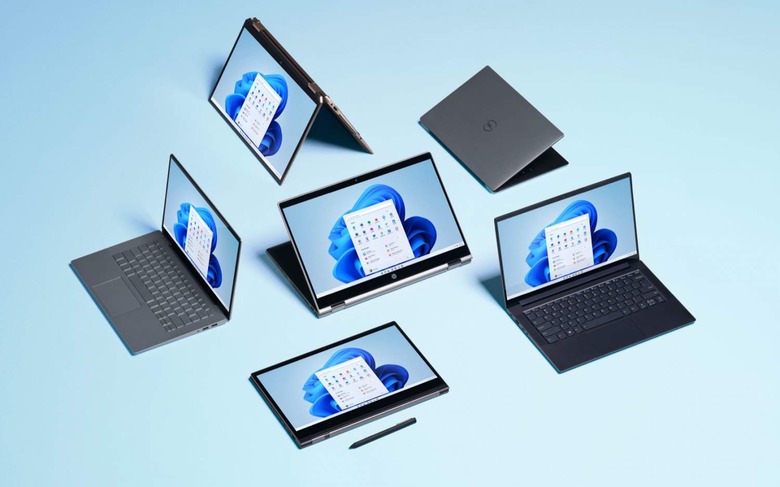Windows 11 System Requirements Shakeup Sees Microsoft Pull PC Health Check App
It's fair to say that Microsoft didn't exactly handle the Windows 11 system requirements situation well last week. With excitement for the newly-revealed OS high, PC users flocked to the PC Health Check App to find out if they could look forward to installing it themselves. Today, the Windows team conceded that they hadn't been ready for that.
What people hoped to see was a granular breakdown of what in their current PC desktop or laptop would work just fine with Windows 11, and what might need upgrading. Instead, they got a far more cryptic result, often – though not always – because of Windows 11's new requirement for a TPM 2.0.
Today, with the first official Windows 11 preview rolling out, Microsoft admits things didn't go according to plan. "With these minimum system requirements in mind, the PC Health Check app was intended to help people check if their current Windows 10 PC could upgrade to Windows 11," the Windows Insider team writes. "Based on the feedback so far, we acknowledge that it was not fully prepared to share the level of detail or accuracy you expected from us on why a Windows 10 PC doesn't meet upgrade requirements."
The result is that the whole tool is being taken offline, so that it can be upgraded and hopefully made more useful. "We are temporarily removing the app so that our teams can address the feedback," the Windows Insider team says. "We will get it back online in preparation for general availability this fall."
In its place, meanwhile, is a far more traditional list of Windows 11 system requirements – and some caveats. You'll need at least a dual-core 64-bit CPU running at 1 GHz, with 4GB of RAM and 64GB or more of storage. You'll need graphics compatible with DirectX 12 or later (with the WDDM 2.0 driver) and a 9+ inch display with 720p HD resolution or greater.
The system will need to be UEFI, Secure Boot capable, and you'll need a Trusted Platform Module 2.0 (TPM 2.0).
"Using the principles above, we are confident that devices running on Intel 8th generation processors and AMD Zen 2 as well as Qualcomm 7 and 8 Series will meet our principles around security and reliability and minimum system requirements for Windows 11," the Windows Insider team says. "We also know that devices running on Intel 6th generation and AMD pre-Zen will not. As we release to Windows Insiders and partner with our OEMs, we will test to identify devices running on Intel 7th generation and AMD Zen 1 that may meet our principles."

What's interesting about the Windows 11 preview is that Microsoft is actually softening two of its key requirements, at least for now. You'll be able to install it more freely on a variety of CPU family and models, and on systems without a TPM 2.0. That, the Windows Insider team explains, will give it the chance to see how the new OS performs over different processor models.
If it turns out that the experience on a CPU currently considered too slow to run Windows 11 is actually better than expected, Microsoft could potentially tweak the system requirements down. Conversely, if the experience is poor, it might make the requirements a little tougher.
In the end, though, Microsoft is unwilling to comprise on the Trusted Platform Module 2.0. As it has already made clear, it sees that chip as being essential to successfully protecting people from malware, viruses, phishing attacks, and other harm.
